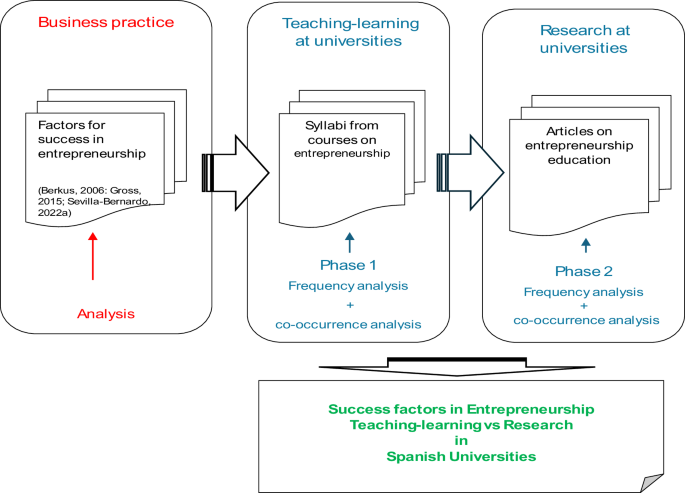In today’s digital age, the gig economy has revolutionized the way people work. Lieferando, a popular food delivery service, relies on a sophisticated algorithm to manage its fleet of riders. These riders receive instructions on their phones, with the algorithm deciding on shifts, deliveries, and even bonuses. However, the inner workings of this algorithm are shrouded in secrecy, leaving riders in the dark about how decisions are made. This lack of transparency makes it challenging, if not impossible, for drivers to advocate for their rights.
To shed light on this issue, a new survey has been launched in collaboration with the German union Gewerkschaft Nahrung-Genuss-Gaststätten (NGG). The survey aims to gather insights from Lieferando riders on their experiences with algorithmic management. Questions will delve into how shifts and delivery orders are allocated, whether riders believe the app assigns a hidden score to them, and if employees have the ability to challenge decisions they feel are unjust.
Transparency in algorithmic management is crucial. While some regulatory efforts have been made, such as the EU’s General Data Protection Regulation (GDPR) and the recent Plattform Work Directive, these measures have not fully addressed the concerns of workers in the gig economy. Despite these regulations, couriers, cleaners, and click workers continue to face challenges in asserting their rights within the platform work environment.
The regulation of platform work is still in its infancy, and there is a pressing need for effective laws that protect workers’ rights. Governments, including the German government, must take decisive action to ensure that algorithmic management is fair and transparent for all workers. The gig economy is reshaping the landscape of employment, and if left unchecked, its negative impacts could permeate across all sectors of the economy.
The survey conducted as part of the NGG campaign “Liefern am Limit” is a step towards advocating for better working conditions for delivery riders. By amplifying the voices of workers and raising awareness about the challenges they face in the gig economy, we can work towards creating a more equitable and just workplace for all. It is imperative that we address the shortcomings of algorithmic management and safeguard the rights of workers in the evolving digital economy.



















